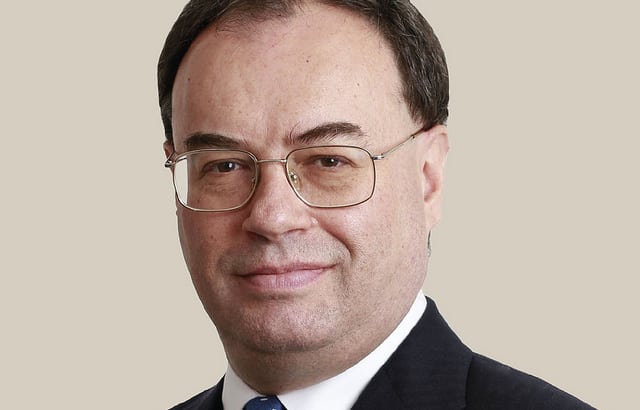Delivering a keynote speech at the Investment Association annual dinner, Financial Conduct Authority (FCA) chief executive Andrew Bailey conceded Brexit is a challenge, but said European authorities should preserve and protect what already works in the bloc rather than introduce unnecessary regulation.
He said this involves “rejecting the case that Brexit must mean a weaker European investment management sector because there is a failure of the imagination required to preserve and develop what works today”.
Bailey’s speech echoed a recent call from the Luxembourg financial regulator, the Commission de Surveillance du Secteur Financier, against Brussels introducing stricter fund regulation in the wake of Brexit.
Bailey noted the UK is the largest asset market in Europe with about £8trn or about one-third of total EU assets under management. Furthermore, he said investment managers in the UK are responsible for more than £1trn on behalf of overseas authorised funds, more than 80% of which are domiciled in either Dublin or Luxembourg.
“This requires co-operative arrangements which are well established,” he added. “Let’s not beat about the bush, this model works – it works well for investors and for investment managers. So, why disrupt it, or put another way, must it be disrupted?”
Bailey said it was necessary to continue to recognise the well-established principles for open financial markets in goods trade, namely the Most Favoured Nation Principle. This means not restricting free trade to regional trade blocs and not discriminating in the trade terms offered to other countries.
He added to make that work for financial services like investment management requires regulation which delivers equivalent outcomes and protection, and involves co-operation and information exchange between the regulatory authorities.
“We have this now with EU partners, including through the common regulatory framework that has been put in place, but we also have it with other countries,” he said. “We are ready to roll our sleeves up and continue to make open markets work effectively.”







